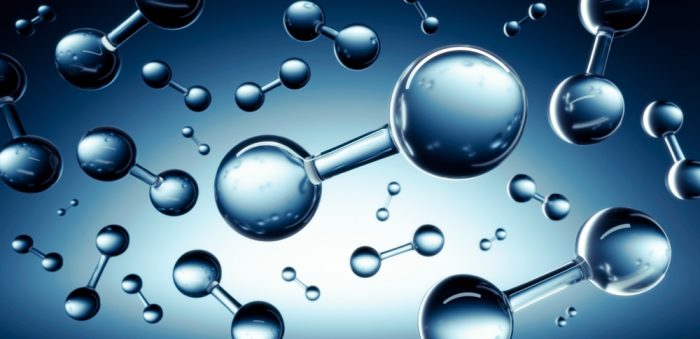European Commission Funds 15 Renewable Hydrogen Projects Across EEA
Key Ideas
- EU Commission selects 15 renewable hydrogen projects across the EEA, set to produce 2.2 million tonnes over a decade, cutting 15 million tonnes of CO2 emissions.
- Projects to receive €992 million in EU funding from the Innovation Fund, accelerating hydrogen deployment to replace fossil fuels in various sectors.
- Special focus on the maritime sector with 3 projects receiving €96.7 million for hydrogen production, aiming to support bunkering activities and decarbonization.
- Overall, the goal is to enhance EU energy independence, security, and job creation while driving industrial decarbonization through renewable hydrogen.
On 20 May 2025, the European Commission revealed its selection of 15 renewable hydrogen production projects spanning five countries in the EEA. These projects aim to collectively generate almost 2.2 million tonnes of renewable hydrogen in the next ten years, aiding in the prevention of more than 15 million tonnes of CO2 emissions. The produced hydrogen is earmarked to cater to multiple sectors, including transportation, the chemical industry, as well as the manufacturing of methanol and ammonia. Funding for these initiatives, totaling €992 million, is sourced from the EU's Innovation Fund, derived from the EU Emissions Trading System (ETS). This financial support is facilitated through the second auction of the European Hydrogen Bank (EHB), aiming to bolster producers by bridging the financial disparity between production costs and market prices. The primary objective is to expedite the deployment of renewable hydrogen, displacing traditional fossil fuels such as natural gas, coal, and oil in industries and transport sectors that are challenging to decarbonize, consequently bolstering EU energy autonomy, security, job growth, and industrial decarbonization. During the 2025 GREEN4SEA Athens Forum, Antonis Trakakis, Chairman of CIMAC Greece, delved into the intricacies of decarbonizing the maritime industry with a focus on hydrogen. Trakakis highlighted hydrogen's appeal due to its high energy density, rapid combustion rate, and compatibility with fuels like LNG in internal combustion engines. Notably, 12 of the selected projects are committed to producing renewable hydrogen with fixed premium support varying between €0.20 and €0.60 per kilogram, with a specific allocation for hydrogen producers with off-takers in the maritime sector. This resulted in three bids securing €96.7 million, with production costs ranging from €0.45 to €1.88 per kilogram. Each of the 15 projects is set to receive subsidies ranging from €8 million to €246 million over a decade-long period, showcasing a sustained commitment to advancing renewable hydrogen technologies and fostering a greener industrial landscape.
Topics
Maritime
Renewable Energy
Decarbonization
EU Funding
Maritime Industry
CO2 Emissions
Energy Independence
Industrial Decarbonization
Innovation Fund
Latest News
